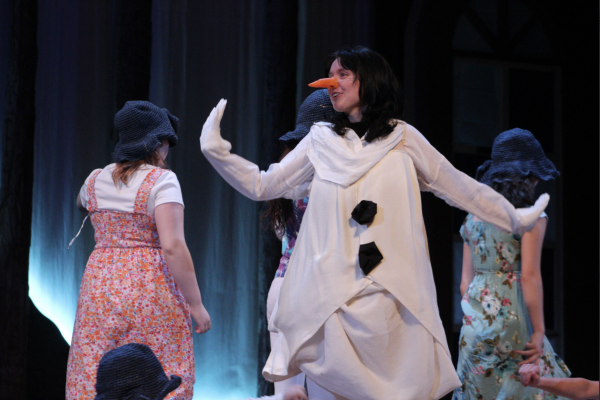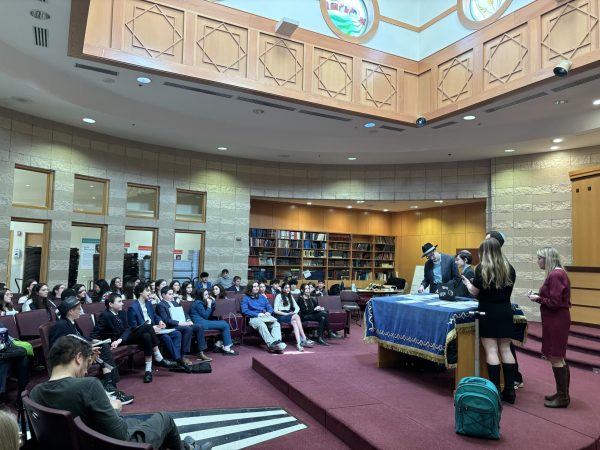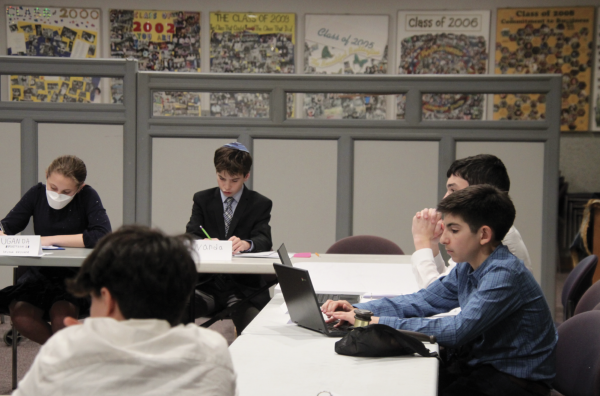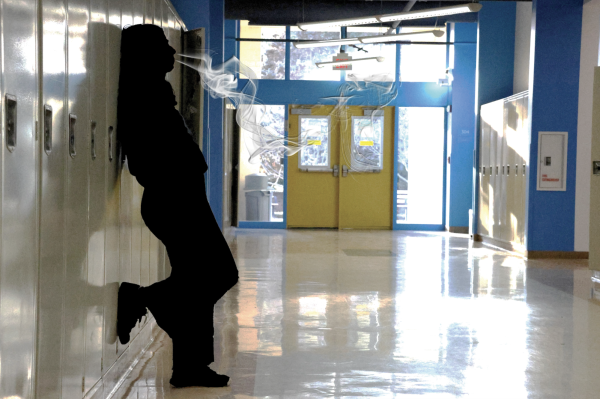Netanyahu leads in third Israeli elections in past year
photo courtesy of Creative Commons
Israeli voters headed to the polls for the third time in the past year in the midst of a political stalemate over control of the Knesset and Prime Ministership.
March 3, 2020
With 99.5 percent of the votes counted, Likud party leader and Israeli Prime Minister Benjamin Netanyahu claimed victory Monday night as it was projected that he would gain more seats in the Knesset than his opponent from the Blue and White party, Benny Gantz.
In the third election in Israel within the past year, after a back-and-forth with Gantz, Netanyahu was able to gain the advantage and win back his citizens. Fox News reported that Likud and its smaller allied parties gained 59 of the 120 Parliamentary seats in Israel’s Knesset. Likud alone gained 36 seats. Gantz, however, gained 32 seats, giving him and his smaller parties a total of 54 seats. Seven seats, from party Yisrael Beiteinu, remain unallocated.
Netanyahu is still two seats short of gaining the majority in the Knesset which is needed for him to be able to form a coalition and end this historic election cycle. Netanyahu claimed that this win is huge for the future of Israel, with Likud defying all odds. Still, Netanyahu will need to gain two parliamentary seats from opposing parties in order to form a governing coalition, end the election cycle and not go into a fourth election.
Although the results look like they will stay the same once all the votes are counted, Gantz has not conceded defeat to Netanyahu and said to his supporters at a rally that, “We won’t let them destroy the country.”
Based on the past two elections, it was looking like Gantz was winning the fight, but Monday showed Netanyahu’s sudden political comeback.
There has been a mix of reactions about these elections as it was the third go-around. The fact that there were three elections has raised questions in the CESJDS school community about Israel’s election system and the factors that have influenced it so heavily.
Jewish History Department chair and teacher Aaron Bregman weighed in on the results.
“I was surprised that Likud received 36 seats. Most experts said it would be about 32 or 33 seats. It’s surprising to see that he [Netanyahu] will be able to most likely form a coalition after how the last elections went,” he said.
Junior Yair Ben-Dor said that he thinks some part of the election system Israel uses will change as a result of this election cycle, but not completely.
“They will change the elections from now, but it won’t change in the long run. Regarding the influence questions raised, the growing population of Orthodox citizens and Palestinian citizens will affect the elections,” Ben-Dor said.
Ben-Dor is optimistic about Israel’s future and hopes that re-electing Netanyahu as Prime Minister of Israel will create better relationships with the rest of the world.
In the coming weeks, Netanyahu will have to persuade two seats to join his Knesset and continue in his government for his upcoming term, another fight that the embattled incumbent will need to achieve to secure his political future, as he is currently under indictment.



















